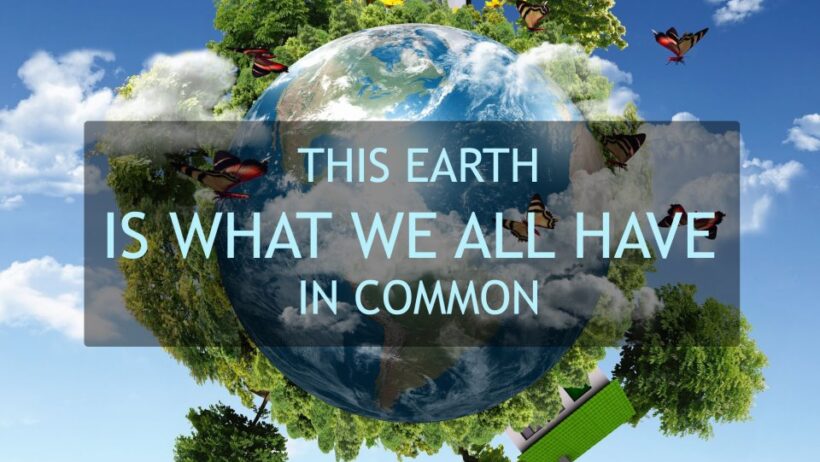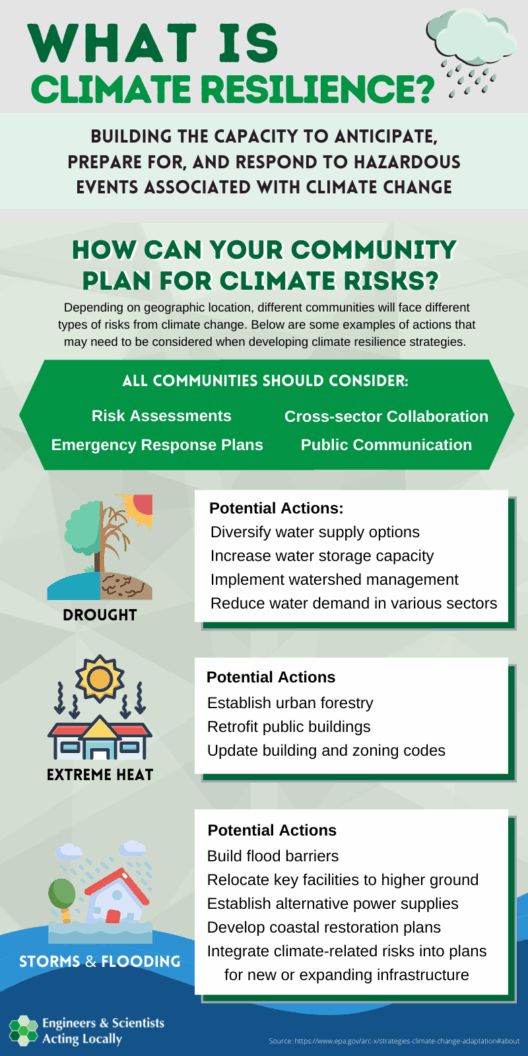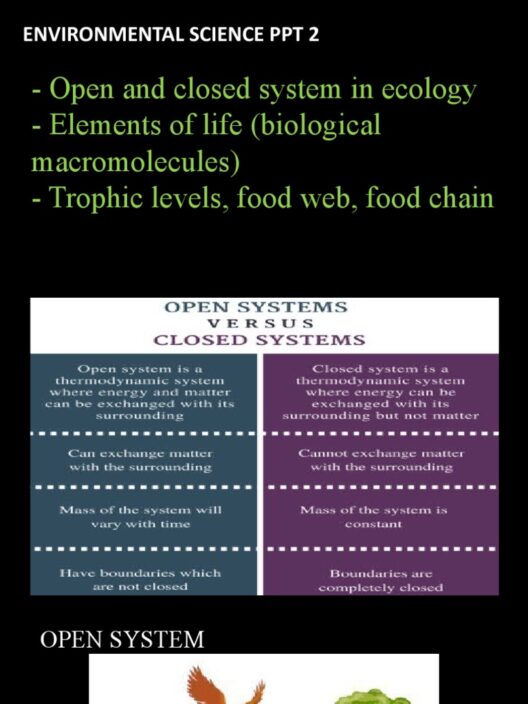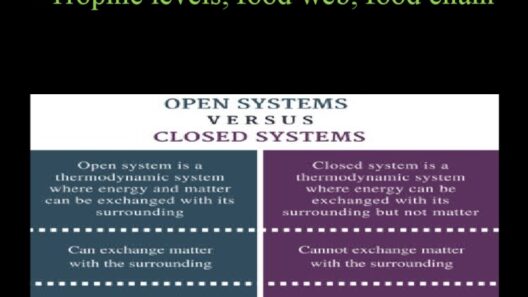Energy conservation plays a pivotal role in the global effort to combat climate change, reduce carbon emissions, and sustain natural resources. As awareness of the environmental crisis grows, various countries and communities have adopted a plethora of energy conservation strategies. This discourse will delve into diverse methods individuals and organizations employ worldwide, illustrating the magnitude of energy conservation initiatives while offering practical suggestions for further impact.
Across different regions, the approaches to energy conservation are as diverse as the cultures themselves. In industrialized nations, innovation often leads the charge. For instance, energy-efficient appliances are a staple in American households. Governments incentivize homeowners to replace older, energy-consuming devices with Energy Star-rated products. These appliances utilize advanced technologies to minimize energy consumption, thereby contributing to significant reductions in greenhouse gas emissions.
In Europe, the concept of passive housing has gained traction. Utilizing architectural design to maintain comfortable temperatures without traditional heating and cooling systems, passive houses prioritize natural insulation materials and strategic window placements. This represents a significant commitment to energy conservation, as these homes can consume up to 90% less energy compared to standard constructions. Germany stands at the forefront of this movement, encouraging both new constructions and retrofitting existing buildings to meet these stringent energy efficiency standards.
In contrast, many developing nations face unique challenges in energy conservation. Limited access to reliable energy sources compels communities to utilize innovative methods for efficiency. For example, in rural areas of Asia and Africa, solar power has emerged as a game changer. Communities harness sunlight using solar panels, drastically reducing reliance on fossil fuels. Additionally, decentralized energy systems allow for localized energy generation. This practicality not only enhances energy access but also fosters self-sufficiency and resilience against global energy fluctuations.
During the last few decades, there has been a surge in collaborative movements aimed at promoting sustainability. Community-based initiatives, such as the Transition Towns movement, encourage local communities to reduce reliance on fossil fuels. These grassroots initiatives often involve community gardens, local food production, and shared resources. By prioritizing local partnerships early on, communities can significantly curtail the energy-intensive processes associated with global transportation and industrial food supply chains.
Individuals can further their energy conservation efforts through simple yet effective practices. Public transportation is a vital component of energy-efficient transportation strategies. By opting for buses, trains, or rideshare programs, people can significantly lower their carbon footprints. Cities globally promote cycling and walking as alternatives, creating infrastructure designed to reduce car dependency. Initiatives such as bike-sharing programs have flourished in urban areas, providing an eco-friendly option for short-distance commuting.
Moreover, behavioral modifications can further enhance energy conservation. Limitless possibilities exist for reducing energy consumption in daily routines. For instance, awareness campaigns target simple practices like switching off lights when exiting a room, utilizing natural light during the day, and employing programmable thermostats. Educating youth about energy conservation establishes lifelong habits that not only promote energy efficiency but also create future sustainability leaders.
Furthermore, technological advancements are revolutionizing energy conservation efforts. Smart home technologies offer seamless management of energy consumption. Homeowners can monitor usage patterns through smart meters, ultimately optimizing energy consumption for efficiency. Similarly, various applications allow individuals to track their carbon footprints in real-time, helping them make conscious decisions about energy usage. Such technologies forge a direct link between actions and consequences, enabling individuals to cultivate more environmentally responsible behaviors.
Some countries have implemented legislative measures that drive energy conservation on a systemic level. For instance, many nations pledge to meet stringent emissions reduction targets, prompting regulations on energy efficiency standards for industries. The results manifest in the manufacturing sector, where processes have been overhauled to be less energy-intensive. Transitioning to cleaner energy sources, such as wind and solar, reflects a bold commitment to mitigating the climate crisis.
Another area of focus is the significance of energy conservation education. Schools and universities incorporate sustainability into curricula, fostering an awareness of environmental issues among students. Programs emphasize the importance of conserving energy and exploring renewable energy options, nurturing a generation that values and prioritizes environmental health. These educational frameworks play a crucial role in shaping societal perspectives on energy consumption, ultimately leading to collective action.
Additionally, the role of international cooperation in energy conservation cannot be understated. Global summits and agreements, such as the Paris Agreement, highlight the importance of collaborative efforts to combat climate change. Countries share resources, knowledge, and innovations to achieve sustainable development goals. Through such alliances, nations develop collective strategies to reduce energy usage, protect ecosystems, and promote overall environmental health.
In conclusion, the global landscape of energy conservation is both varied and inspiring. From innovative technology and educational frameworks to grassroots movements and governmental regulations, numerous avenues are in place to foster a sustainable future. Recognizing the intrinsic value of conserving energy is vital for tackling climate change. Each individual’s contributions, no matter how small, collectively build towards a significant impact. Sustainable practices and renewable energy adoption represent a beacon of hope, illuminating the path toward a cleaner, healthier planet.








